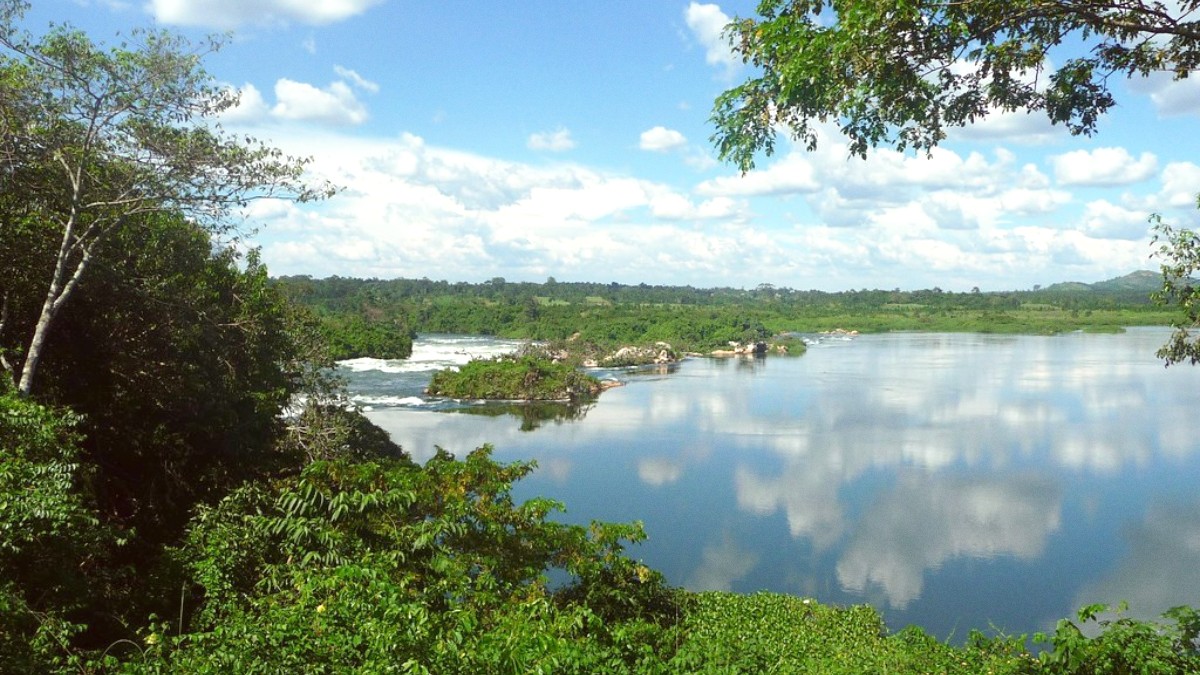
Uganda
Uganda's national parks, managed by UWA, protect diverse ecosystems. Your park fees contribute directly to conservation. Organizations like Jane Goodall Institute work on primate protection and habitat restoration.
Waste management in Uganda has challenges. Formal recycling infrastructure is limited. Minimize your waste. Avoid single-use plastics. Carry a reusable water bottle and shopping bags. Dispose of waste responsibly.
Clean drinking water access varies. Be mindful of your water usage. Take shorter showers, turn off taps, and report leaks. Support accommodations with water-saving initiatives.
Consider offsetting flight emissions through reputable carbon offset programs. Airlines often offer this option. Independent organizations invest in carbon reduction projects. This mitigates air travel's environmental impact.
Seek lodges and tour operators committed to eco-tourism, community benefits, and sustainable practices. Inquire about solar power use, robust waste reduction programs, local conservation support, or employment of local staff. Asking about practices before booking is recommended.
Cultural preservation efforts support local institutions. The Ndere Centre works to preserve and promote traditional Ugandan arts. Purchasing local crafts directly from artisans preserves skills and supports livelihoods.
Avoid intrusive photography and be mindful of privacy. Do not photograph children without parental consent. Be cautious about photographing government buildings, military installations, or police; this is generally prohibited. At religious sites, dress modestly, remove shoes if required, and maintain quiet respect.
Seek tours or accommodations that directly benefit local communities, like homestays or cultural village visits. This provides direct income to community members.
Support conservation efforts.Prioritize purchasing goods from local artisans and fair-trade initiatives. This ensures more money remains within the local economy and supports fair wages. Look for craft markets.
Book ethical experiences.Carry a Reusable bag for shopping to reduce plastic waste and support local environmental efforts.
Make your travel economically beneficial for local communities and avoid contributing to exploitation.
Eat at local restaurants ("bufundas") and street food stalls. Use local guides and drivers. Purchase from local markets rather than large international chains. These choices directly inject money into the local economy.
Avoid visiting or volunteering at orphanages; many perpetuate child separation. Support community-based education or health projects instead. Do not give money directly to beggars, especially children; this can encourage begging and fuel exploitation. Donate to reputable local charities if you wish to help.
If you feel compelled to contribute, research and donate to legitimate, registered local NGOs or community development projects. Focus on organizations working in areas like education, health, environmental conservation, or sustainable livelihoods. This ensures your contribution is a lasting positive impact.
Organizations working to build schools or provide school supplies.
Support groups focusing on public health, hygiene, or medical services.
Donate to groups dedicated to reforestation, wildlife protection, or waste management solutions.